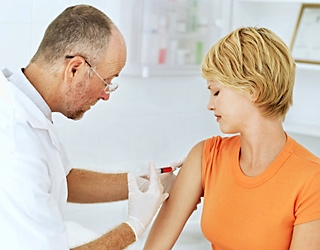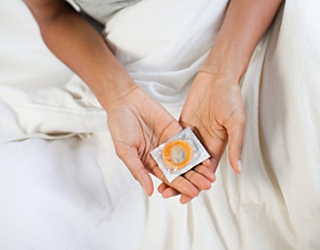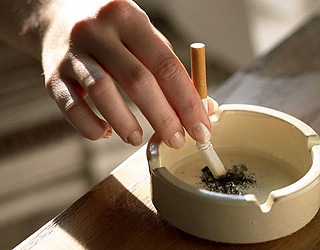7 Ways You Can Lower Your Cancer Risk
If you smoke, quit.
Even the best nutrition can’t override the toxic effects of smoking. If you can go cold turkey on your own, great. But there are other options, including nicotine replacement, hypnosis, support groups, and prescription medications. Talk with your doctor about a plan that makes sense for you.

Exercise Regularly
Exercise regularly.
Cancer prevention requires a strong immune system, and your immune system gets a boost from regular physical activity. Studies have shown that moderate levels of exercise can reduce the risk of colon cancer by 50 percent and the risk of breast cancer among postmenopausal women by at least 20 percent. Regular exercise has also been strongly associated with lower rates of lung and endometrial cancers. I recommend working some form of activity into your schedule — for 30 to 60 minutes per day, at least five days a week.

Be Smart About Sun Exposure
Be smart about sun exposure.
Protect your skin from radiation as much as you can. Cover up with extra clothing (especially sun-protective brands), wear a hat, use sunscreen, avoid spending time outdoors during the high-exposure times of 10:00 a.m. to 4:00 p.m., and don’t tan — even tanning beds have been found to contribute to cancer.

Minimize Your Alcohol Intake
Minimize your alcohol intake.
Although moderate drinking has been shown to decrease the risk for heart disease, alcohol has also been shown to increase the risk for certain types of cancer. If you’re a woman at risk for breast cancer, be prudent about choosing to drink.

Follow Medical Screening Guidelines
Follow medical screening guidelines.
Some medical tests may help prevent cancer. For example, a fleshy growth in the colon (called a polyp) is usually harmless, but some may develop into cancer. Your doctor can check for polyps during a colonoscopy, and cancer can be prevented by snipping them out before they become cancerous. Other tests, such as mammograms and the blood test for prostate-specific antigen (PSA), help to detect cancers when they are still small and more likely to respond to treatment. Your doctor will recommend which tests to get and how often, based on your family and personal medical history.

If You Are A Woman, Do Your Hormone Research
If you are a woman, do your hormone research.
Theories about the health effects of hormone replacement therapy (HRT) are continually evolving. If you are currently taking or considering starting HRT, talk with your doctor about your personal symptoms and risk factors to make an informed decision.

Practice Safe Sex
Practice safe sex.
The human papillomavirus (HPV) can lead to cervical cancer, and infection with hepatitis C can lead to liver cancer. Both of these infections can be acquired through unsafe sexual practices, particularly sex with multiple partners. For more information about HPV vaccinations and other ways to protect yourself against these and other sexually transmitted diseases, speak with your physician, call your local Planned Parenthood, or visit the nonprofit American Social Health Association online.
Eating a wide variety of foods rich in nutrients will help protect your body’s cells from damage. Find out how food affects cancer.

If you smoke, quit.
If you smoke, quit.
Even the best nutrition can’t override the toxic effects of smoking. If you can go cold turkey on your own, great. But there are other options, including nicotine replacement, hypnosis, support groups, and prescription medications. Talk with your doctor about a plan that makes sense for you.

